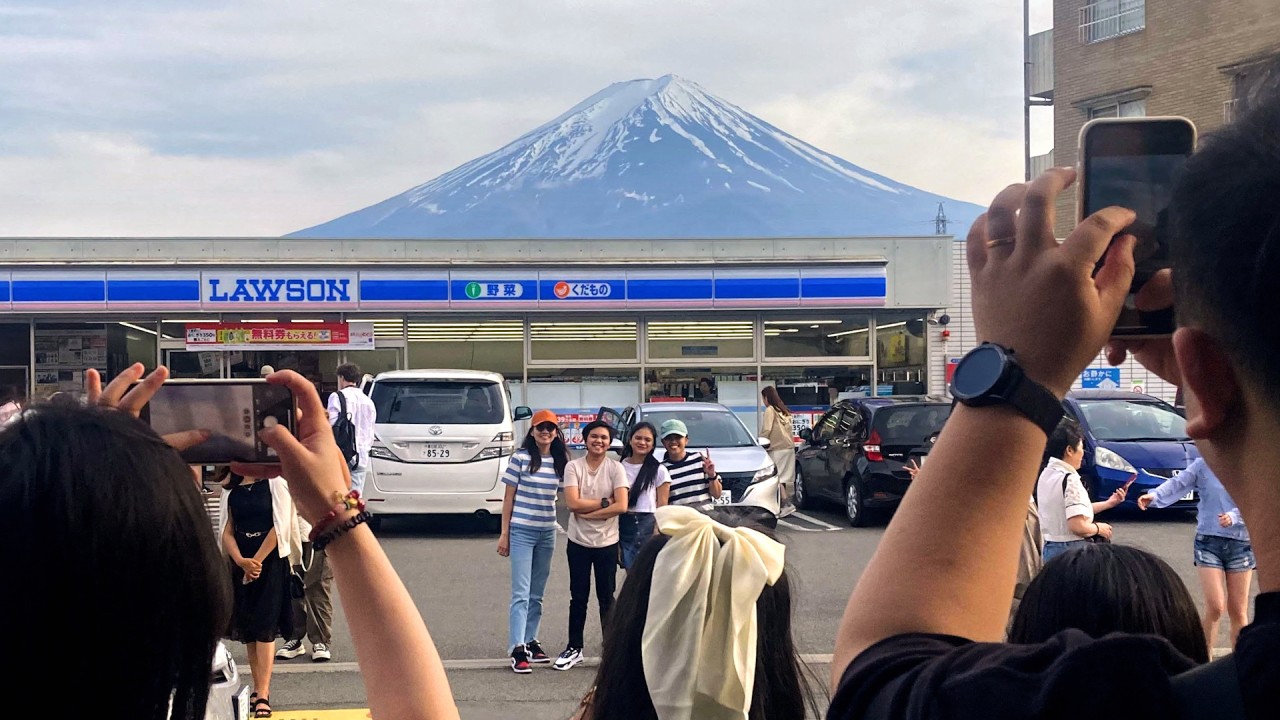Tyni’s vision is to introduce travellers to the tranquil beauty of Japan’s undiscovered towns and landscapes, and help them connect with local culture.
The start-up is rapidly expanding. It will soon secure funding from a notable Japanese angel investor and has the support of Yoshihisa Nakano, representative director of the Eastern Culture Foundation, which leads regional revitalisation initiatives in Atami, a city just 40 minutes from Tokyo by bullet train.
Tyni has secured its third location in Atami, and plans to set up another five cabins in the city later this year, according to the co-founder.
In 2013, the Japanese government relaxed visa rules with the aim of drawing 60 million travellers to the country by 2030. This has led to a surge of inbound visitors – 3 million in March alone, versus 6 million per year in the early 2000s – as well as an oversupply of hotel facilities that are now laying idle.
“This is sort of reminiscent of the construction boom of hotels and ryokan [traditional-style Japanese inns] in the 80s and 90s that are now vacant,” said Nishimura. “With vacant properties at a record high of 9 million, it’s stupid to not learn from the past and keep adding to the akiya [empty space] stock.”
And the Tyni cabins offer a unique solution to this issue. Sitting on trailers, the mobile facilities do not contribute to the existing akiya stock. Their classification as “vehicles” rather than buildings also allows the cabins to be placed in conventionally inaccessible or protected natural locations without the need for lengthy building permits and development approvals, according to Nishimura.
“This innovation brings people closer to nature in ways they never imagined,” he said.
Born in Japan and raised in New Zealand, Nishimura’s bicultural upbringing has instilled in him a deep appreciation for nature, and a keen interest in the urban revival of Japanese towns.
“I’m particularly drawn to the plight of these dwindling towns, where the local population is migrating to major urban centres like Tokyo, Osaka and Nagoya in search of employment and opportunities,” he said.
“And what drives my passion for this project is the belief that these towns hold immense potential for revitalisation, especially with the support of the international community.”
In addition to setting up the Tyni cabins, Nakano and Nishimura are currently spearheading the redevelopment of Atami, where some 53 per cent of properties lie vacant because of a slow population decline over the past 25 years.
A cornerstone of the Atami revitalisation project is the Atami Art Grant, an annual event that attracts artists from across the country to showcase their work in repurposed vacant buildings.
Other key components of the redevelopment effort include constructing a new tunnel to better connect the Atami beach area with the city, and launching an education initiative for underprivileged children through partnerships with local entrepreneurs.
“I see an opportunity for mutual benefit, where international individuals and businesses can thrive in these towns, while the towns themselves benefit from the influx of new ideas, energy, and economic activity,” said Nishimura.


